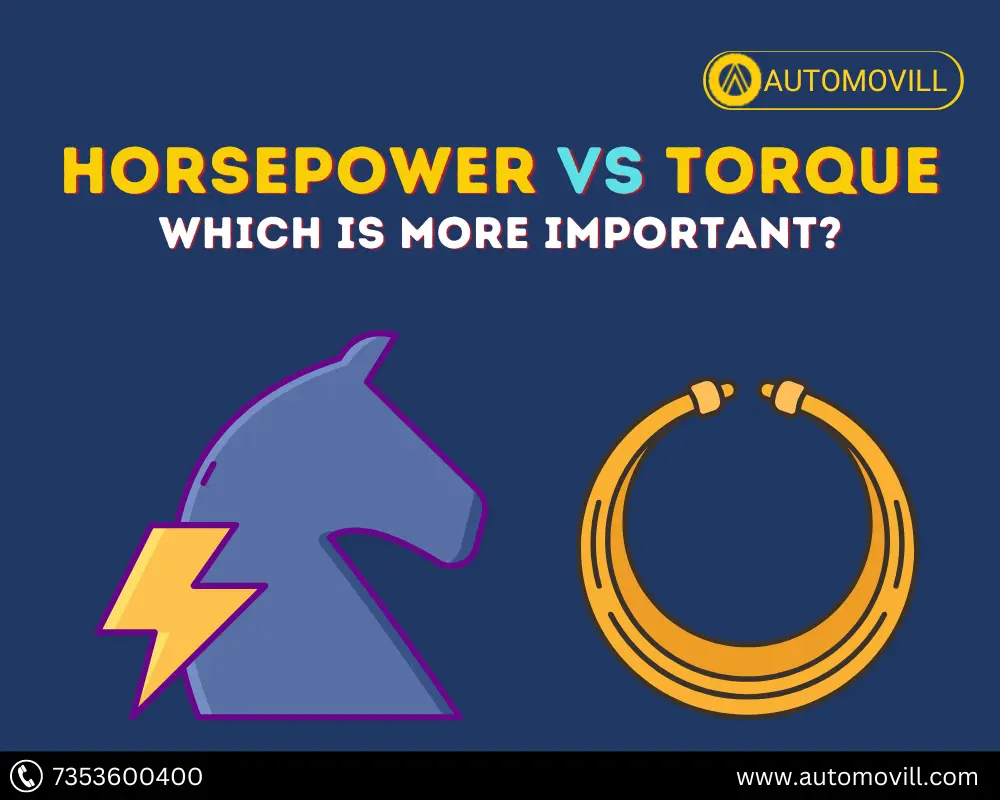
Horsepower and torque are two important performance metrics for engines that are often discussed and compared. Both metrics have a significant impact on a vehicle’s overall performance, but they measure different aspects of engine power.
In this article, we will explore the differences between horsepower and torque, the importance of each metric, and how they impact overall engine performance.
To start, it’s important to understand what horsepower and torque actually measure.
What is Horsepower?
Horsepower is a measure of the rate at which work is done or the amount of power an engine produces. Specifically, it’s defined as the amount of energy required to move 550 pounds one foot in one second. In practical terms, horsepower is a measure of an engine’s ability to sustain high speeds over time.
What is Torque?
Torque, on the other hand, is a measure of an engine’s ability to generate rotational force. It’s defined as the force required to cause an object to rotate around an axis, such as a vehicle’s wheels. Torque is often measured in pound-feet (lb-ft) and is an important metric for acceleration and towing power.
Difference Between Torque and Horsepower
So, which is more important – horsepower or torque?
The answer to this question largely depends on the intended use of the vehicle. In general, vehicles that are designed for high-speed performance, such as sports cars, require high horsepower ratings. This is because horsepower measures an engine’s ability to maintain high speeds over time.
Vehicles that are designed for towing or hauling heavy loads, such as trucks or SUVs, require high torque ratings. This is because torque measures an engine’s ability to generate the rotational force needed to move heavy loads.
Relationship Between Torque and Horsepower
It’s important to note that the relationship between horsepower and torque is not always straightforward. In fact, the two metrics are mathematically related in a way that can be confusing.
The equation for calculating horsepower is horsepower = (torque x RPM) / 5252. This means that an engine with high torque at low RPMs can still produce a significant amount of horsepower, despite having a lower RPM. Conversely, an engine with high RPMs but low torque may produce less horsepower overall.
Engine Performance
So, what does this mean for overall engine performance? Essentially, it means that both horsepower and torque are important metrics that should be considered in tandem when evaluating an engine’s performance. In general, engines that produce high horsepower and torque ratings are considered to be high-performance engines.
One way to understand the relationship between horsepower and torque is to look at the engine’s power curve. The power curve is a graphical representation of an engine’s performance at different RPMs. Typically, high-performance engines have power curves that peak at higher RPMs, while engines designed for towing or hauling have power curves that peak at lower RPMs.
For example, a high-performance sports car might have an engine that produces 500 horsepower at 8,000 RPMs, but only 250 lb-ft of torque at 4,000 RPMs. This engine would be designed to maintain high speeds over time and would likely have a power curve that peaks at higher RPMs.
On the other hand, a heavy-duty truck might have an engine that produces 400 lb-ft of torque at 2,000 RPMs, but only 250 horsepower at 4,000 RPMs. This engine would be designed to generate the rotational force needed to move heavy loads and would likely have a power curve that peaks at lower RPMs.
Another important factor to consider when evaluating an engine’s performance is the transmission. A vehicle’s transmission plays a crucial role in converting engine power into usable power at the wheels. A transmission with a high gear ratio can multiply the engine’s torque output, making it more effective at moving heavy loads or accelerating from a stop. A transmission with a low gear ratio, on the other hand, can allow the engine to maintain
